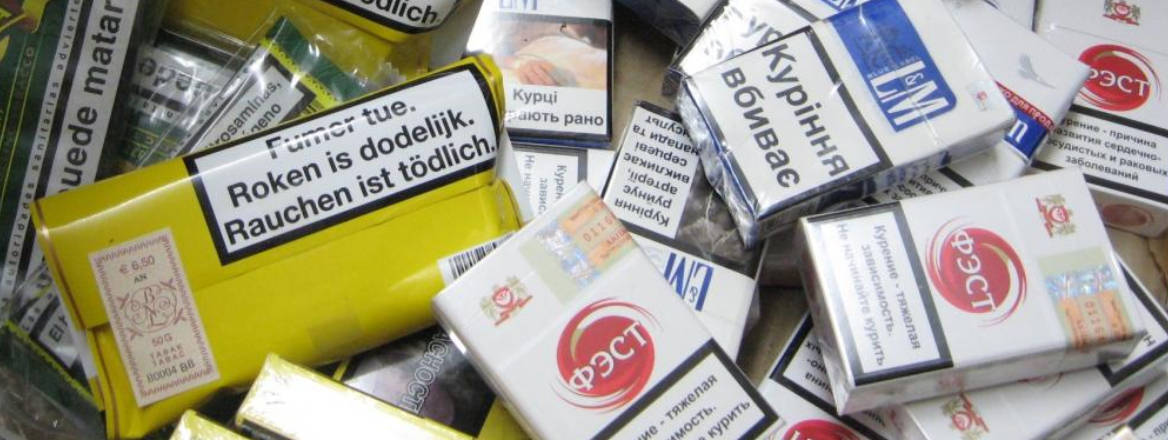In November 2016, RUSI convened a two-day conference on ‘Organised Crime and Illicit Trade in Europe’. It was supported by the EU’s Hercule III Programme (2014–2020), which is implemented by the European Commission.
The event brought together representatives from nine member states to assess the scale and scope of illicit trade across the region, and the extent of organised criminal involvement. It also provided a forum for law enforcement and customs officials to discuss national experiences and exchange best practice on initiatives to disrupt these networks and their activities.
Illicit trade is not only dominated by organised crime, it has grown to become one of its driving forces across Europe. Within the EU, annual revenues from counterfeiting now exceed those from narcotics, accounting for approximately €42.7 billion and €27.7 billion respectively.
Global estimates present a similar picture. In 2016, the OECD estimated the global revenue from counterfeit products to be $460 billion, far exceeding the estimated $320 billion generated through drug trafficking, and that is before losses from smuggling genuine goods or manufacturing unlicensed generic products are taken into account.
In addition to providing a substantial source of income for organised crime, illicit trade denies EU governments billions of euros in lost taxes each year. In 2015, an estimated €11.3 billion were lost through the consumption of illicit cigarettes.
Trade in counterfeit wine and spirits deny public finances approximately €1.2 billion each year, while counterfeit pharmaceuticals account for further losses of approximately €1.7 billion. Beyond these considerable financial implications, illicit trade violates EU regulations on manufacturing, distribution and sales that are intended to protect consumers and prevent dangerous goods entering the market.
There is a widespread public perception that illicit trade is a minor, victimless crime; however, this stands in stark contrast to the reality seen by law enforcement agencies and governments across the EU. Illicit trade is a major, cross-border crime, which requires a well-informed and well-coordinated response across member states.
WRITTEN BY
Cathy Haenlein
Director of Organised Crime and Policing Studies
Organised Crime and Policing


